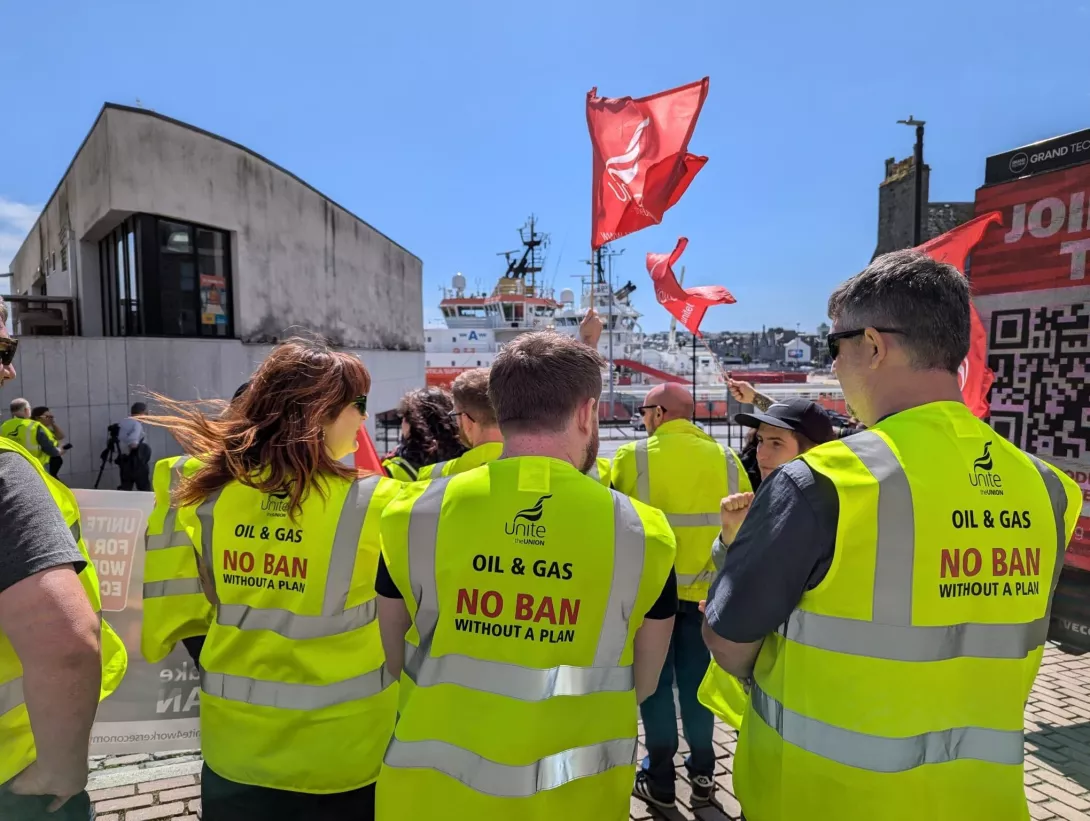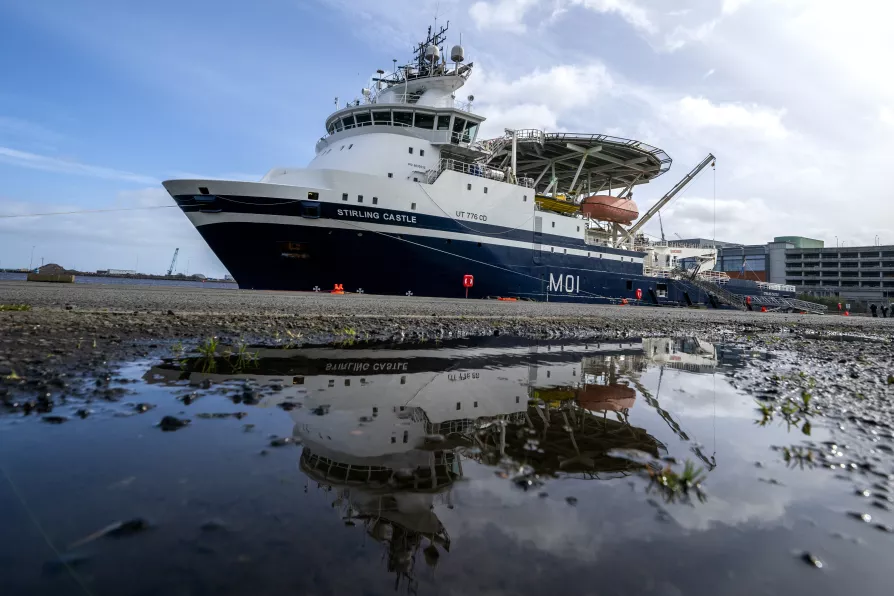The proxy war in Ukraine is heading to a denouement with the US and Russia dividing the spoils while the European powers stand bewildered by events they have been wilfully blind to, says KEVIN OVENDEN
Putting workers at the heart of a Just Transition
Nautilus International general secretary MARK DICKINSON calls for the rights of workers to be protected as we move to zero-emissions shipping
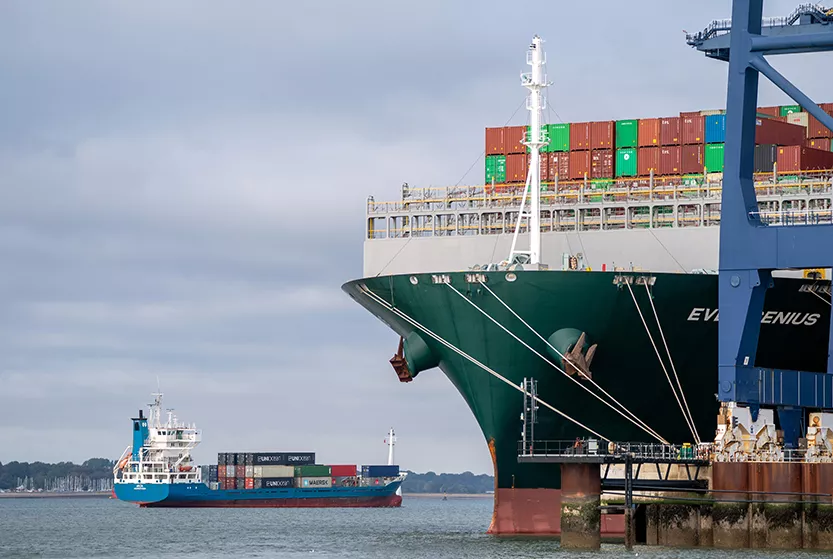
ACTION on climate change is non-negotiable; the devastating impact of climate breakdown is already evident from bush fires in Australia to the deathly floods in Pakistan. We must all play our part to address this major challenge of our time.
As the backbone of the global economy, shipping is one of the most carbon-intensive industries. The British government has set a target for zero-emissions shipping to be achieved by 2050, an ambition Nautilus International wholeheartedly supports.
Nautilus believes in a just and human-centred transition, one that guarantees our people, the skilled and dedicated maritime professionals that form the beating heart of global supply chains, are full and active participants in change.
More from this author
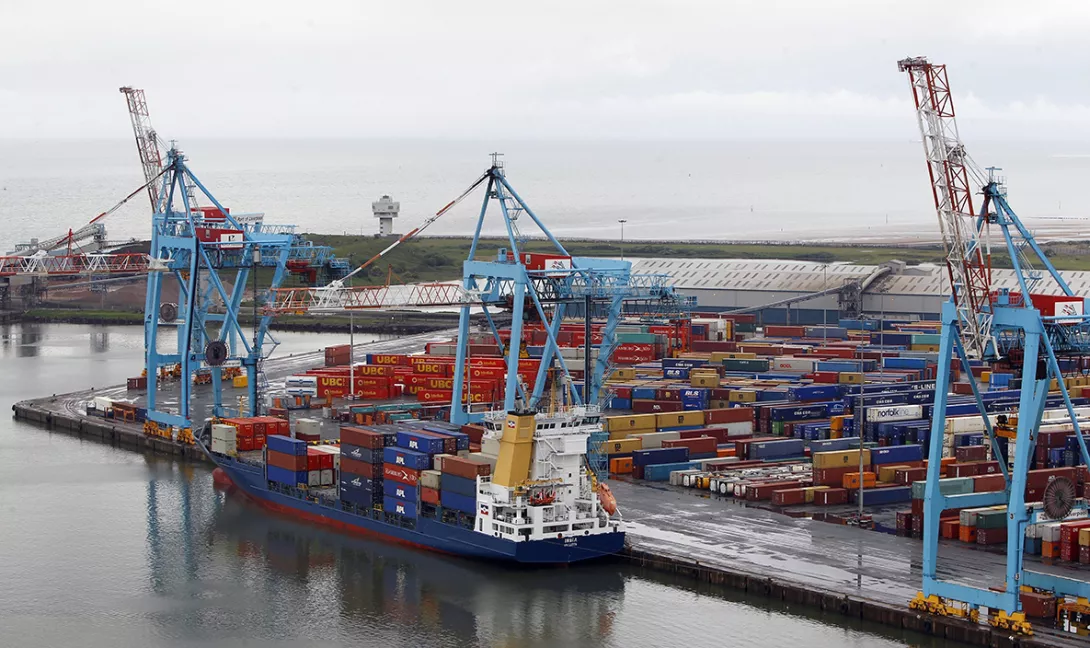
Seafaring is vital to our nation’s economy, but the industry has been allowed to diminish with a devastating impact on our port cities and coastal communities – a rejuvenation policy is urgently needed, argues MARK DICKINSON
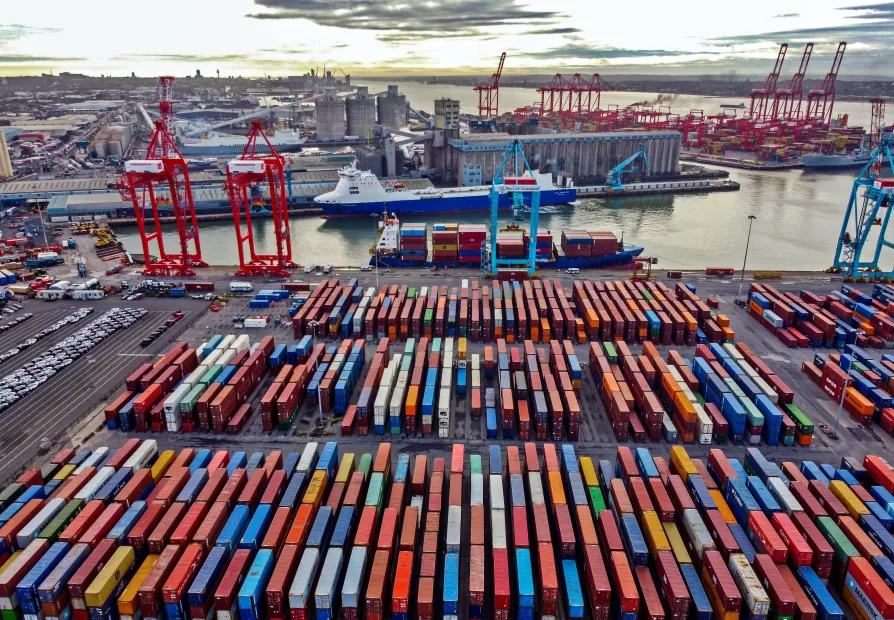
The lesson from the pandemic is clear: the global maritime industry must be properly regulated, warns MARK DICKINSON
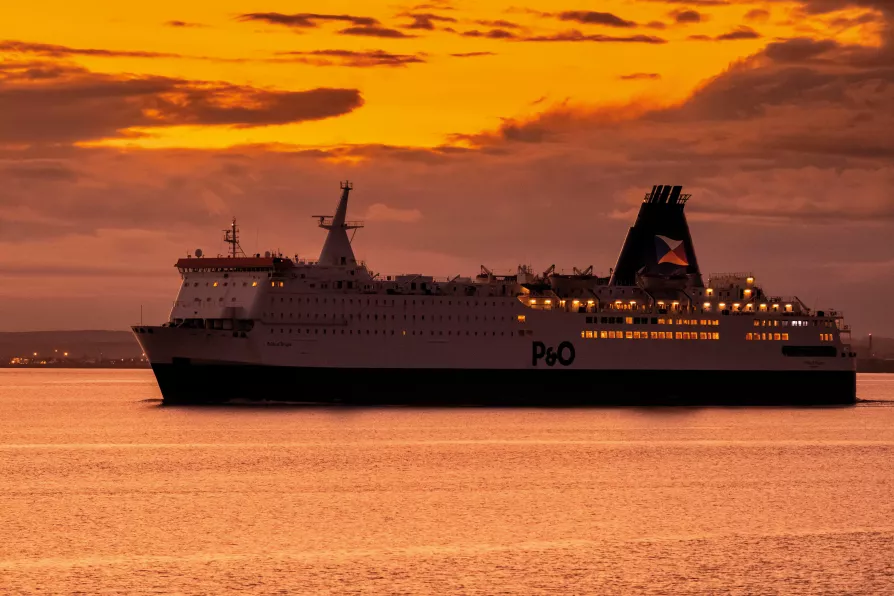
To close employment law loopholes and build a fairer ferries industry, we need new legislation that ups the legal penalties to ensure no company can buy its way out of consultation with the unions again, writes MARK DICKINSON
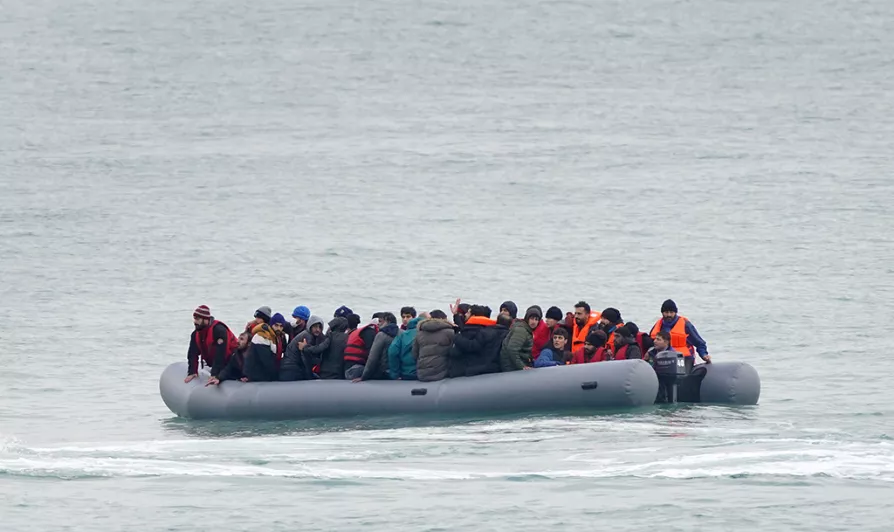
Nautilus International leader MARK DICKINSON explains how pressure from his union prevented seafarers being criminalised under the government’s Nationality and Borders Bill for assisting those in danger at sea
Similar stories
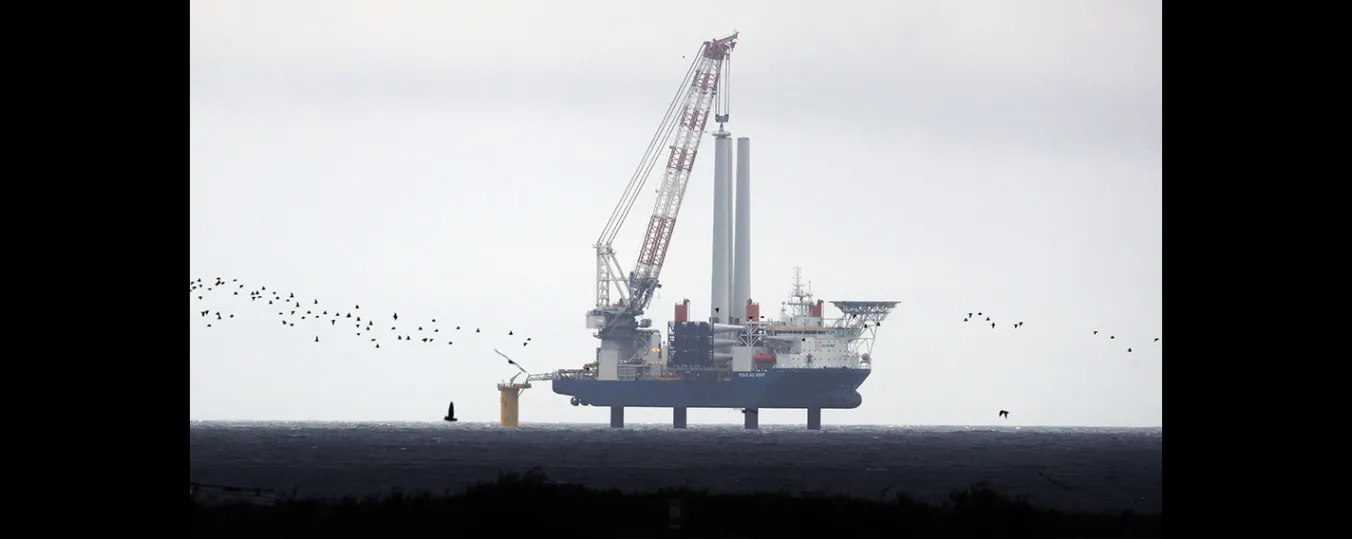
As Britain shifts towards greater use of green energy and away from fossil fuels, those in offshore jobs must be protected, with fair treatment, job security and a chance for workers to have a say in their own futures, writes ANN JOSS

Seafaring is vital to our nation’s economy, but the industry has been allowed to diminish with a devastating impact on our port cities and coastal communities – a rejuvenation policy is urgently needed, argues MARK DICKINSON










